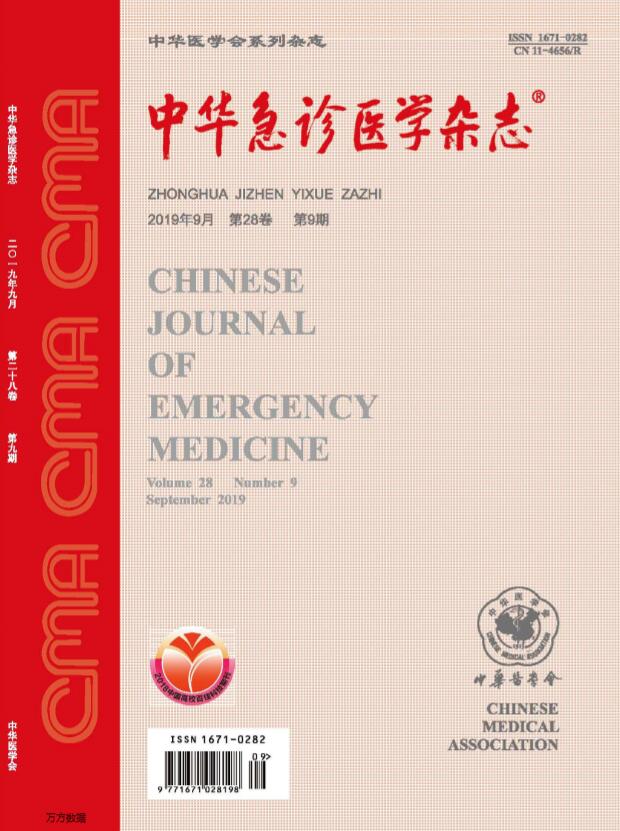2019年严重冠状病毒病(COVID-19)的营养代谢支持及治疗策略/中国科学院学报,诊中国科学院,中国科学院
Q4 Nursing
引用次数: 1
摘要
消化道是新冠病毒攻击的靶器官。它也是除肺外最早受影响的器官,必须承受LPV/r等抗病毒化疗的副作用。在本文中,我们旨在为严重冠状病毒病-19 (COVID-19)患者的营养和代谢管理策略提供实用建议。这些建议基于对COVID-19营养不良危险因素的最新病理生理学发现。根据循证原则,系统检索国内外关于营养治疗急性肺损伤的文献。我们的建议是:1)医生在关注呼吸支持时应注意肠道损伤,通过监测和管理营养状况;2)需要定期和动态的营养风险评估;3)对于重症患者,应下调热量和蛋白质的喂养目标;4) ω-3脂肪酸产品的使用应符合药理适应症;剂型和用量应单独确定。关键词:冠状病毒病(COVID-19);重要的疾病;营养风险;营养支持;能源;蛋白质;ω-3脂肪酸本文章由计算机程序翻译,如有差异,请以英文原文为准。
Nutritional and Metabolic Support and the Treatment Strategy of Severe Corona Virus Disease 2019 (COVID-19)/ 中华急诊医学杂志
The digestive tract is a target organ attacked by COVID-19. It is also the earliest affected organ other than the lung and must bear side effects from the anti-virus chemotherapy such as LPV/r. In this article, we aim to provide practical recommendations for a nutritional and metabolic management strategy for severe corona virus disease-19 (COVID-19) patients. These recommendations are based on the newest pathophysiological findings on the risk factors of malnutrition for COVID-19. We also systematically retrieve literatures on nutritional therapy for acute lung injuries from international and Chinese databases according to evidence-based principles. Our suggestions are: 1) Physicians should be mindful of gut injury when they focus on respiratory support, by monitoring and managing the nutritional status; 2) Periodical and dynamic nutritional risk evaluation is needed; 3) For severe patients, the feeding target of calorie and protein should be down-regulated; 4)The using of ω-3 fatty acids products should be in accordance with pharmacological indications; the forms and dosage should be determined individually.
Key words:
corona virus disease-19 (COVID-19); critical illness; nutritional risk; nutritional support; energy; protein; ω-3 fatty acids
求助全文
通过发布文献求助,成功后即可免费获取论文全文。
去求助
来源期刊

中华急诊医学杂志
Nursing-Emergency Nursing
CiteScore
0.10
自引率
0.00%
发文量
8629
期刊介绍:
Chinese Journal of Emergency Medicine is the only national journal which represents the development of emergency medicine in China. The journal is supervised by China Association of Science and Technology, sponsored by Chinese Medical Association, and co-sponsored by Zhejiang University. The journal publishes original research articles dealing with all aspects of clinical practice and research in emergency medicine. The columns include Pre-Hospital Rescue, Emergency Care, Trauma, Resuscitation, Poisoning, Disaster Medicine, Continuing Education, etc. It has a wide coverage in China, and builds up communication with Hong Kong, Macao, Taiwan and international emergency medicine circles.
 求助内容:
求助内容: 应助结果提醒方式:
应助结果提醒方式:


